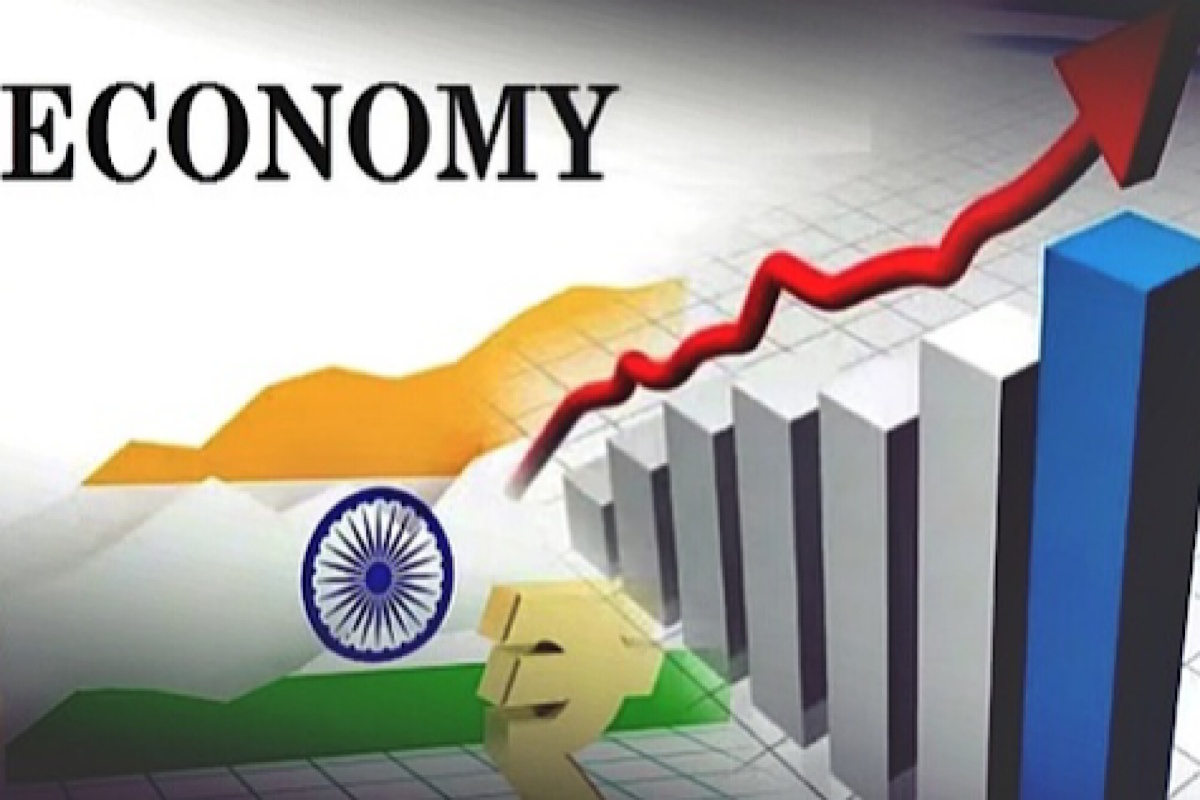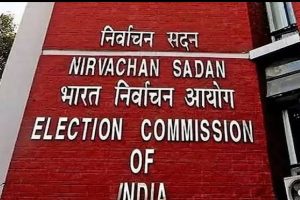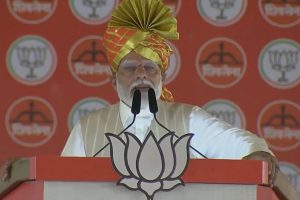With industrial production and trade weakening, the global recovery is slowing after a robust first quarter performance, but the Indian economy is gathering momentum in the second quarter of 2023-24, the Reserve Bank of India (RBI) has said in its monthly bulletin for August 2023 which was released on Thursday.
The chapter on the “State of Economy” in the bulletin said that the uptick in inflation in its June reading mutated in July, with the unprecedented shock to tomato prices spilling over to prices of other vegetables, the bulletin noted further.
At the same time core inflation witnessed a moderation, and headline inflation is expected to average well above 6 per cent in the second quarter of the current fiscal, the chapter said.
It went on to note that domestic drivers such as private consumption and fixed investment are offsetting the drag from the contraction in exports.
Another chapter in the RBI bulletin on “Exogenous Shocks and India’s Growth Performance Post COVID-19” said that a compositional shift in private consumption has been underway much before the pandemic as reflected in a sustained increase in the share of services over goods.
“Fixed investment in India responds positively to higher GDP growth, real non-food credit growth and economic policy certainty,” the chapter noted.
On the supply-side, the adverse impact of the energy price shock on manufacturing output has been dissipating.
The buoyancy in the services sector activity is expected to sustain going forward, the chapter noted.
Another chapter on “Agriculture’s Dependency on Monsoon Rainfall in India” said that while the impact of south west monsoon rainfall on agricultural production is found to be statistically significant, it has moderated over time, suggesting an increased resilience of agriculture to monsoon shocks.
“Irrigation mitigates the adverse consequences of monsoon deficiency, suggesting the need for enhanced public spending on irrigation,” the chapter noted further.











